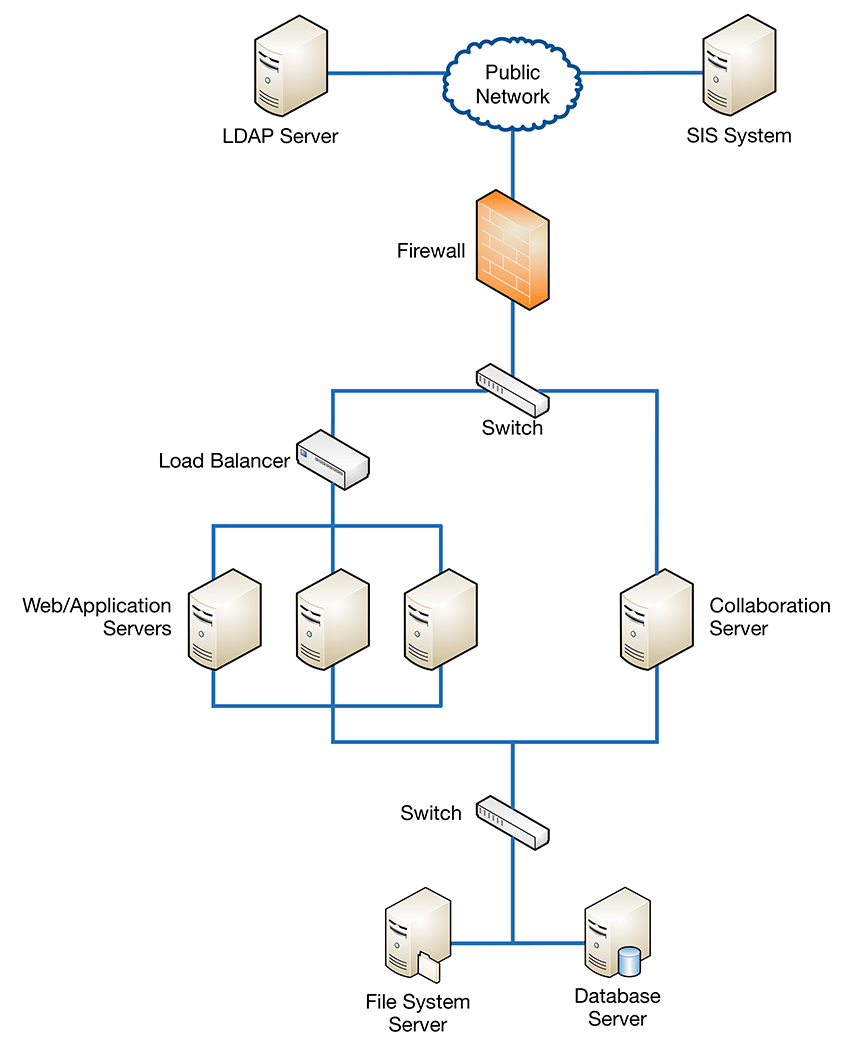145|139|7||1672897328|7|1673026815|0| 
Both clustering and load balancing are useful technologies for improving the performance and reliability of a web hosting environment. However, they are used for different purposes and operate at different layers of the network stack.
Clustering and load balancing are two techniques that are often used in web hosting to improve the performance, scalability, and availability of websites.
While these techniques are similar in some ways, they are designed to solve different problems and have different characteristics.
Here is a brief overview of clustering and load
balancing in web hosting:
Clustering: Clustering is a technique that is used to improve the performance and scalability of a system by distributing its workload across multiple servers or resources.
A cluster is a group of servers that work together to perform a task and can be used to handle a larger workload than a single server.
Clustering can improve the performance of a system by allowing it to scale out horizontally, which means that it can add more servers to the cluster as the workload increases.
Clustering can also improve the availability of a system by providing redundancy, which means that if one server in the cluster fails, the other servers can take over its workload.
Load balancing: Load balancing is a technique that is used to improve the performance, scalability, and availability of a system by distributing its workload across multiple servers or resources.
A load balancer is a device or software component that acts as an intermediary between clients and servers and routes traffic to the most appropriate resource.
Load balancing can improve the performance of a system by reducing the load on individual servers and increasing the capacity of the system.
It can also improve the availability of a system by providing redundancy and by allowing the system to continue functioning even if one or more servers fail.
There are several key differences between clustering and load balancing.
One major difference is that clustering is typically used to improve the performance and scalability of a system, while load balancing is used to improve the performance, scalability, and availability of a system.
Clustering is typically used to scale out horizontally, while load balancing is used to distribute traffic across multiple servers or resources.
Clustering is often used in conjunction with load balancing, but it is not the same thing.
There are several different ways to implement load balancing in a web hosting environment. Some common approaches include:
Hardware load balancers: These are dedicated physical devices that sit between the client devices and the servers. They distribute traffic to the servers based on various criteria, such as server capacity, location, or performance.
Software load balancers: These are software programs that run on a server and distribute traffic to other servers based on various criteria. Software load balancers can be easier to set up and maintain than hardware load balancers, but they may not be as scalable or performant.
DNS load balancing: This involves using DNS to distribute traffic to different servers based on various criteria, such as server capacity or location. DNS load balancing can be easy to set up and maintain, but it is not as precise or flexible as other methods.
In addition to these approaches, there are also various algorithms and techniques that can be used to determine how traffic is distributed among the servers. For example, round-robin load balancing distributes traffic evenly among the servers, while least connections load balancing sends traffic to the server with the fewest current connections.
Overall, the best approach to load balancing in a web hosting environment will depend on the specific needs and resources of the hosting infrastructure. It is important to carefully evaluate the available options and choose a solution that meets the performance and reliability requirements of the hosting environment.
Final Word
In summary, clustering and load balancing are two important techniques that are used in web hosting to improve the performance, scalability, and availability of websites. While they are similar in some ways, they are designed to solve different problems and have different characteristics.
clustering is more concerned with improving the availability of a service, while load balancing is more concerned with improving the performance of the hosting infrastructure. Both technologies can be used together in a web hosting environment to provide a highly-available and high-performance hosting solution.
Clustering is used to improve the performance and scalability of a system, while load balancing is used to improve the performance, scalability, and availability of a system.